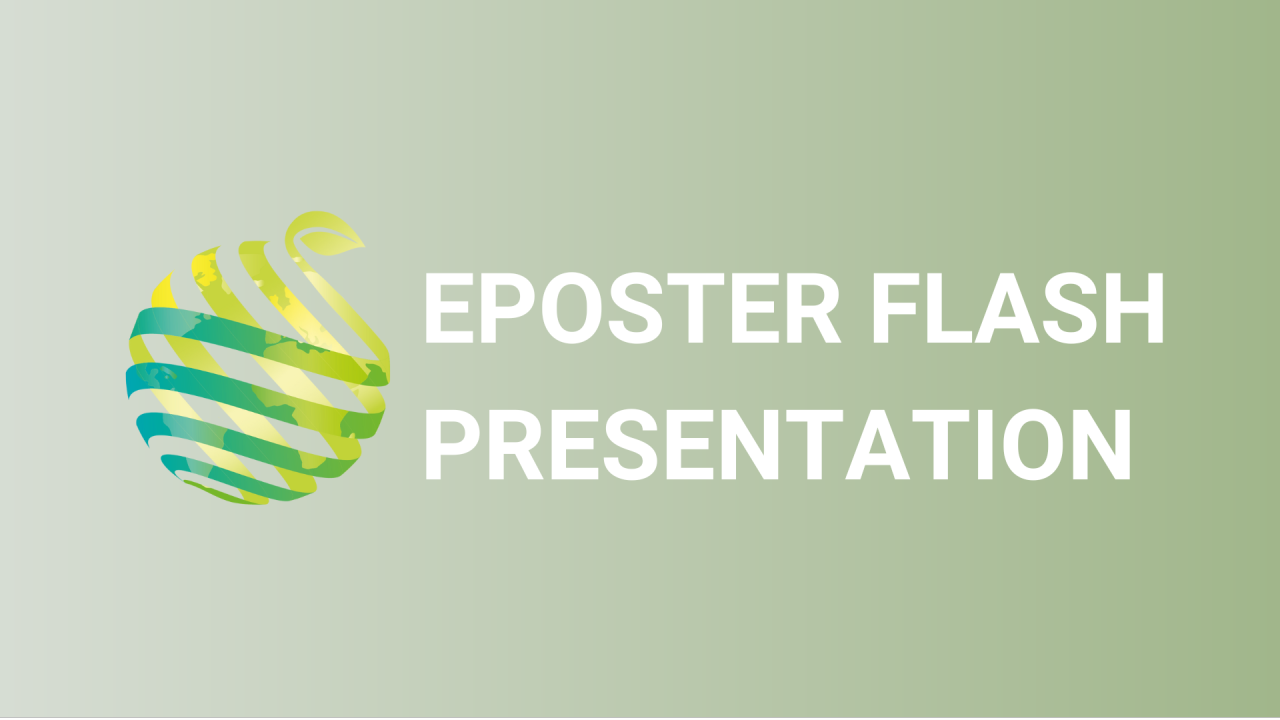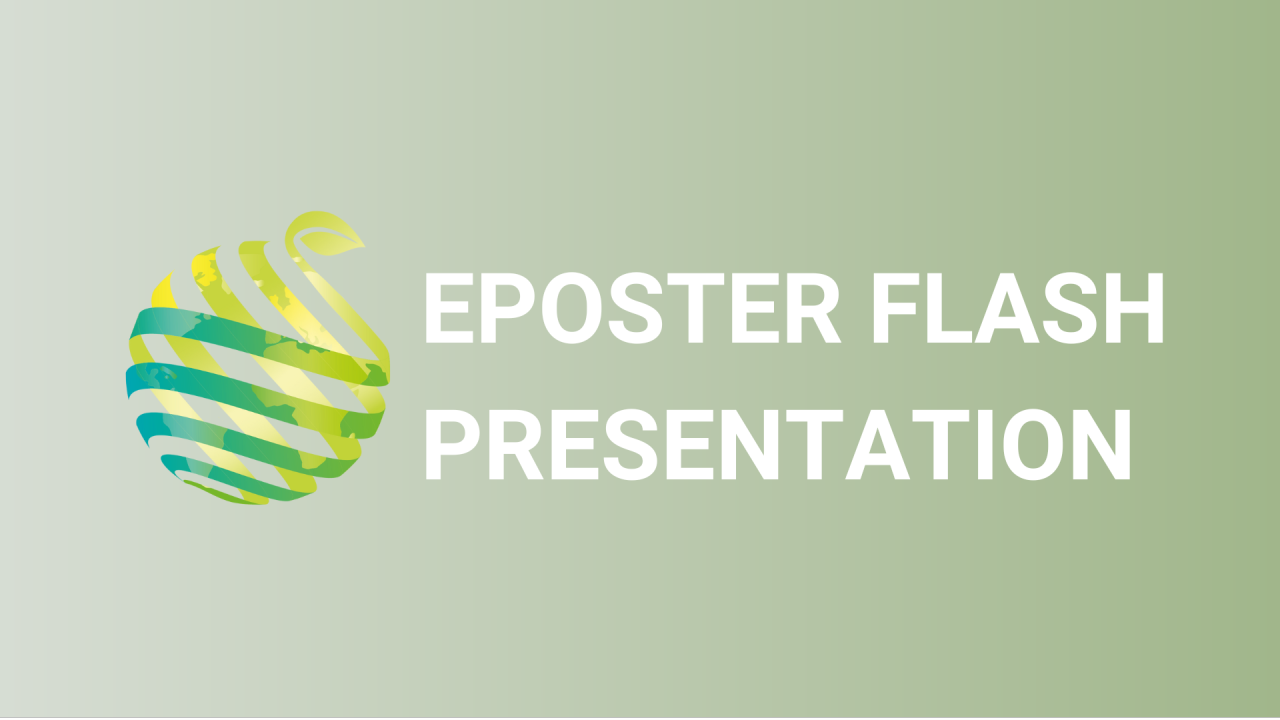

S20 - Session P1 - The effect of water stress deficit on physiological, biochemical and qualitative indices of ‘Xynisteri’ grapes
Information
Authors: George Manganaris *, Egli Georgiadou, Vassilis Fotopoulos, Minas Mina, Stefanos Koundouras, Andrea Bellincontro, Fabio Mencarelli, Claudio D' Onofrio
Cyprus is one of the very few phyloxera-free areas worldwide where the vast majority of vines are own-rooted and non-irrigated. 'Xynisteri' is a predominant indigenous cultivar, particularly amenable to extreme conditions such as drought and hot climate, thus rendering it appropriate for marginal soils and adverse climatic conditions. In the current work, a comparative study between irrigated (irrigation initiated at BBCH 71) and non-irrigated 6-year Cordon-trained vines was conducted. An array of physiological (water potential, leaf water content, stomatal conductance, chlorophyll content), biochemical and qualitative indices were monitored during successive developmental stages (BBCH-75, 85, 87, 89). Harvested grapes were additionally monitored for their aroma profile with the employment of GC-MS, micro-FT-NIR and E-nose techniques. Physiological parameters of leaves were severely affected from drought stress; stomatal conductance registered exceptionally low values at non-irrigated vines. Non-irrigated berries were characterized by higher total soluble content and Ripening index (TSS/TA), while titratable acidity (TA) and pH registered lower values. The effect of irrigation on secondary metabolism with special reference to volatile organic compounds is also discussed.